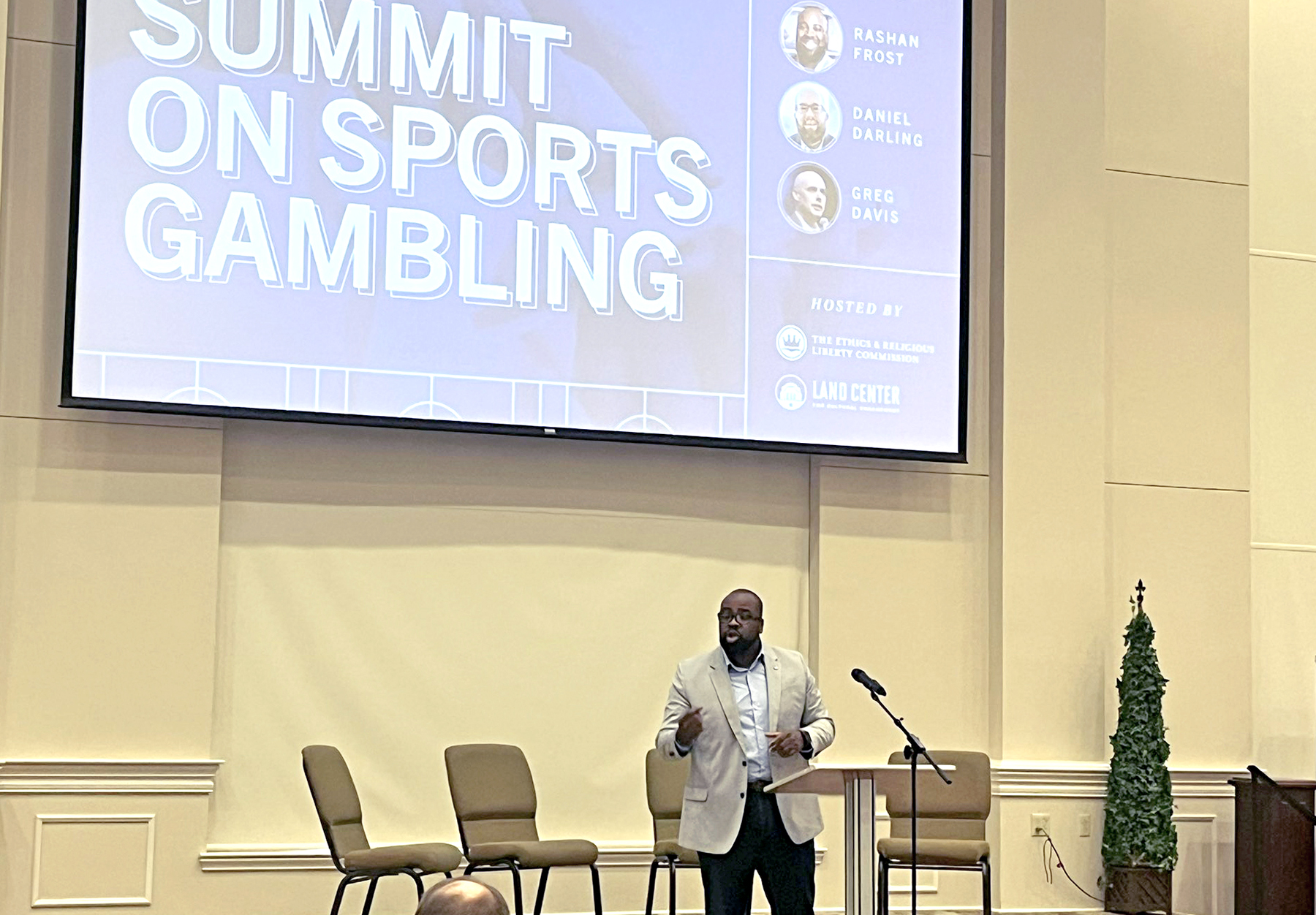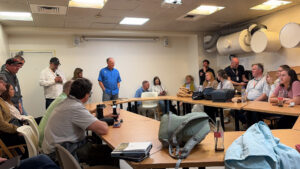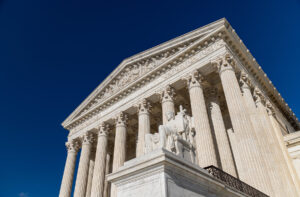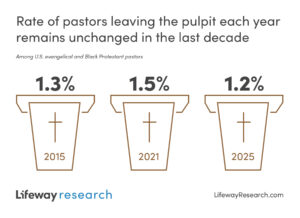By Ken Camp
Baptist Standard
FORT WORTH, Texas — Sports gambling feeds on greed and thrives on the exploitation of the vulnerable, Baptist pastor and former college football coach RaShan Frost said.
“The problem with sports gambling is that it intensifies covetous and idolatrous desires within our hearts,” said Frost, director of research with the Ethics & Religious Liberty Commission and teaching pastor at Centerpoint Church in North Charleston, S.C.
“Covetousness is the vice that fuels the gambling industry,” he told the ERLC-sponsored Summit on Sports Gambling at Travis Avenue Baptist Church in Fort Worth on April 7.
While compulsive sports gambling begins as an individual issue, its “ripple effects” are felt throughout society, he said.
Research reveals sports gambling often leads to elevated use of alcohol and illicit drugs, as well as mental health problems and family violence, Frost said.
He noted research showing an upset loss in a sporting event leads to an 11 percent increase in domestic abuse by young men.
‘Thrives on oppression, exploitation and discontent’
“Sports gambling thrives on oppression, exploitation, greed and discontent,” he said.
It “both fosters and is nourished by vice,” and offers the false promise of “fast money without work” rather than trusting in God’s provision, Frost asserted.
“The idolatrous love of money that permeates the gambling industry leads to a variety of personal, relational and societal problems that devalue legitimate human needs and perpetuate evil,” he said.
Sports gambling is antithetical to the biblical concept that all people are made in God’s image, because it “commodifies and dehumanizes athletes,” said Frost, a former football player at Auburn University.
In the eyes of the sports gambler, the value of athletes is based strictly on their performance – or lack of performance – in a game, he observed.
“They become dehumanized to the point that if an athlete has a poor performance, a team loses or does not cover the point spread and someone loses money, athletes draw the ire of fans – to the point of receiving death threats,” Frost said.
He encouraged Christian leaders to ask two questions in evaluating the morality of sports gambling: “Does it glorify God? Does it promote love of one’s neighbor?”
‘Like crack cocaine’
Echoing Frost’s call to consider the societal impact of gambling, Greg Davis, president of the Alabama Citizens Action Program, noted the suicide rate among compulsive gamblers is higher than in any other form of addiction.
He particularly emphasized the predatory nature of online sports gambling.
“Anybody with a cell phone and a credit card has a casino in their pocket,” Davis said.
Online sports betting involves far more than wagering on the final outcome of a sporting event, he explained. It offers compulsive gamblers opportunities to bet on multiple aspects of every play of every game, 24 hours a day.
“It’s like crack cocaine to them,” he said.
Davis urged Christian leaders to get acquainted with elected officials at the state and local levels and use their influence to resist the spread of gambling and promote public policy that is in line with biblical ethics.
“Politics matter because policy matters. Policy matters because people matter,” he said.
Davis joined Ben Bolin, pastor of Travis Avenue Baptist Church, and Matt Henslee, pastor of Plymouth Park Baptist Church in Irving, for a panel discussion about what pastors can do in response to the spread of sports gambling, along with other forms of gambling.
Bolin noted gambling is a complex problem that requires a multifaceted approach. A single sermon on the subject is insufficient, he observed. He pointed to the need to address it as a discipleship issue in small-group Bible studies and accountability groups.
Henslee said his community was thrust “into the spotlight” recently when Los Vegas Sands Corporation initially sought approval to build a mixed-use development including a resort casino on the site where Texas Stadium once stood.
After about 200 citizens spoke at an Irving City Council meeting in opposition to the proposal, Sands withdrew the plans for a casino from its request.
“I didn’t want it because of what comes with it – prostitution, sex trafficking and increased homelessness,” Henslee said.








